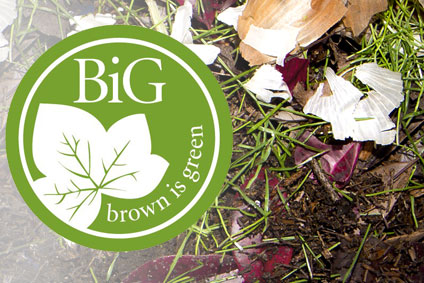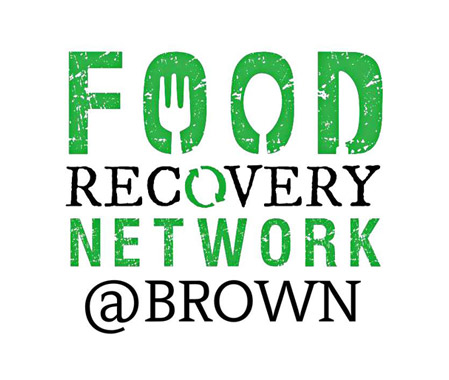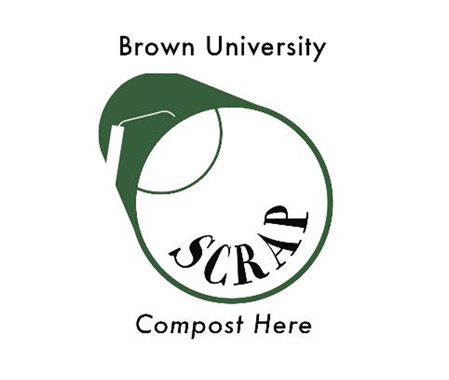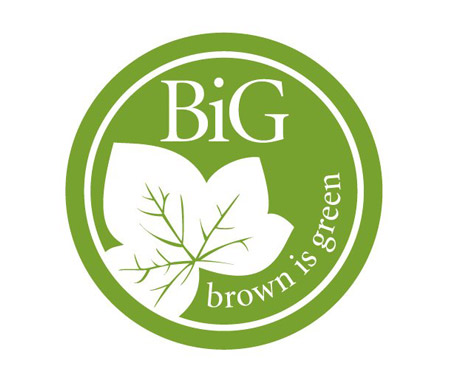Eat Well
Eat Well – For You
Do you care about whether your food was grown locally or raised humanely? Are you interested in eating healthy foods?
Whatever your priorities, Brown Dining is here for you. For nearly a decade we’ve been dedicated to improving the local food system through sustainability initiatives which work to support local farmers, reduce our waste output, and assist in the purchasing of fairly traded and environmentally friendly foods.
We’re here to help you by providing the information you need to choose wisely. Visit our “Eat Well” page for information about our from-scratch cooking, nutritional approach and local sourcing, and other tips and resources for students managing allergies or special diets.
MyMeal
MyMeal is an online tool designed to help students make educated food choices in Brown’s dining halls. Students can view specific ingredients used in dishes, whether you are managing allergies or focusing on selecting more healthy options.
Questions? Contact Brown Dining’s Dietitian.
Ask the Dietitian
DINING SERVICES RESOURCES
EXAMPLES AND INSTRUCTIONS:
- Food allergies
- Food intolerances
- Religiously restricted diets
- Disordered eating
… and more.
If you are an academic year meal plan participant and would benefit from a meal plan modification, resource, or information click below for a list of next steps.
Meal Options for Isolated Students
Brown Dining provides meals for isolated students. Students with flu-like symptoms must first register on fluweb. Your Flu Buddy may then pickup your Food Kit as follows:
Pickup of “Food Kit” by Flu Buddy: Food Kits may be picked up at the Cashier’s Station in the Sharpe Refectory. A Food Kit is a 5-day supply of food. One kit is available per student. Pickup Hours of Operation: Monday – Saturday 8:00 am – 7:00 pm and Sunday 11:00 am – 7:00 pm.
Notice to Our Guests
Food Allergies
Brown Dining Services understands the needs of food allergic students. Dining Services staff is able to safely and reasonably guide and accommodate students.
Peanut and tree nut allergies are among the most common allergies reported among students. Brown Dining is NOT a peanut or tree nut free environment. While we do not use peanuts or tree nuts in the majority of our recipes, we do process nuts in our bakeshop, which creates the potential for cross-contact and contamination. We also serve peanut butter from bulk containers: peanut butter is offered in both dining halls in designated areas throughout the year and summer. In addition, there is always the potential for food manufacturers to change their ingredients. Many food manufacturers also label for: “may contain (particular) allergen”. We do not control for or carry over labeling of products by manufacturers.
Kitchen Areas & Dining Hall Serveries
Peanut and tree nut allergies are among the most common allergies reported among students. Brown Dining is NOT a peanut or tree nut free environment. While we do not use peanuts or tree nuts in the majority of our recipes, we do process nuts in our bakeshop, which creates the potential for cross-contact and contamination. We also serve peanut butter from bulk containers: peanut butter is offered in both dining halls in designated areas throughout the year and summer. In addition, there is always the potential for food manufacturers to change their ingredients. Many food manufacturers also label for: “may contain (particular) allergen”. We do not control for or carry over labeling of products by manufacturers.
Green Dining Ethos
Brown Dining Services is committed to improving the local food system through sustainable initiatives by supporting local farmers, reducing waste output, and purchasing fairly-traded, sustainably-sourced and environmentally-friendly foods. We look to integrate sustainable principles in every aspect of our operation. Our goal is to meet the needs of our customers today without compromising the needs of future generations.
Environmental Impact Initiatives

Composting
Composting is an essential part of Brown’s commitment to sustainability. Brown Dining Services has partnered with the Office of Energy & Environmental Initiatives and Custodial Services to launch composting at its five eateries. The university has partnered with The Compost Plant to divert food scraps and post consumer compostables to Earth Care Farms, a local facility about 33 miles away from campus. Rather than ending up in the landfill, the food scraps and compostables become compost, which can then be used at local farms and gardens.
Get Involved on Campus

Food Recovery Network
A nationally recognized student group, the Food Recovery Network at Brown is a network of Brown students who volunteer to recover surplus food from campus dining halls and events and donate it to Hungry Rhode Islanders.

SCRAP
An initiative of emPOWER, SCRAP is Brown’s student composting group geared towards increasing composting education, awareness, and practice throughout the Brown and Rhode Island communities.

Green Event
Green Event is a student-driven initiative to promote and facilitate sustainable event planning at Brown University. Green Event is supported by the Office of Energy & Environmental Initiatives in the Department of Facilities Management.
Ongoing Initiatives
Beyond the Bottle
Beyond the Bottle (BtB) is an initiative started by students in February 2008 with the goal of reducing the supply and demand of bottled water at Brown. As a result of the campaign, bottled water purchases by Dining Services have been reduced by 99.96 percent since the inception of the initiative, exceeding the FY 2012 goal of 80 percent and meeting the aspirational goals for FY 2013 one year early. This effort continues and the reduction of bottled water purchases by 99.96 percent is maintained today.
Trayless Dining
In October 2008, Brown Dining committed to trayless dining in its Verney-Woolley (VW) dining hall by eliminating trays at that location. VW customer counts range from 250 to over 1,000 per meal. Trayless dining conserves one-third to a half gallon of heated water per person by eliminating the need to wash those trays. Trayless dining conserves half of a gallon of heated water per tray. A savings of over 4,800 gallons of water per week and 155,000 gallons per school year has been achieved. Trayless dining also reduces the energy that would otherwise be used to heat the water and detergents used to wash trays. Studies suggest that the elimination of trays may also reduce food waste because people take fewer items without them.
Eco-To-Go
In the spring of 2010, BDS implemented Eco To-Go, a reusable takeout container program. Besides offering the container, BDS also worked to educate students about landfill waste and the benefits of re-use. A YouTube video was produced by a BDS intern and made available through the Dining Services web page.
Awards & Certifications
Brown Dining Sustainability Awards and Designations:
- NACUFS Sustainability Award: Gold in Outreach & Education (2016)
- PETA Vegan Report Card: ‘A’ grade (2016, 2015)
- Food Recovery Network.org Certified (2016)
- The Daily Meal’s Top 75 Best Colleges for Food in America: #19 (2015)
- Sierra Club: “Cool School” #110 (2015)
- Top 25 Healthiest Colleges in the United States by Boston.com: #6 (2014)
- The Princeton Review named Brown as one of the 353 greenest colleges (2014)
- Green Certification: Rhode Island Hospitality Association (2014, 2011, 2010)
- Named Rhode Island Food Bank ‘Friend’ (2014, 2012, 2010, 2009) and ‘Supporter’ (2011)
- Real Food Pioneer Award: Real Food Challenge (2011)
- PETA’s Top 10 Vegan-Friendly Colleges (2011, 2007)
- Sustainable Endowments Institute:‘A’ for Sustainability, distinction awarded to only 26 of 332 schools (2011, 2010)
- The Green Report Card: Food and Recycling earned an ‘A’ (2011, 2010, 2009)
- Wicked Delicate Garden Contest: Brown’s Bike Veggie Garden (2010)